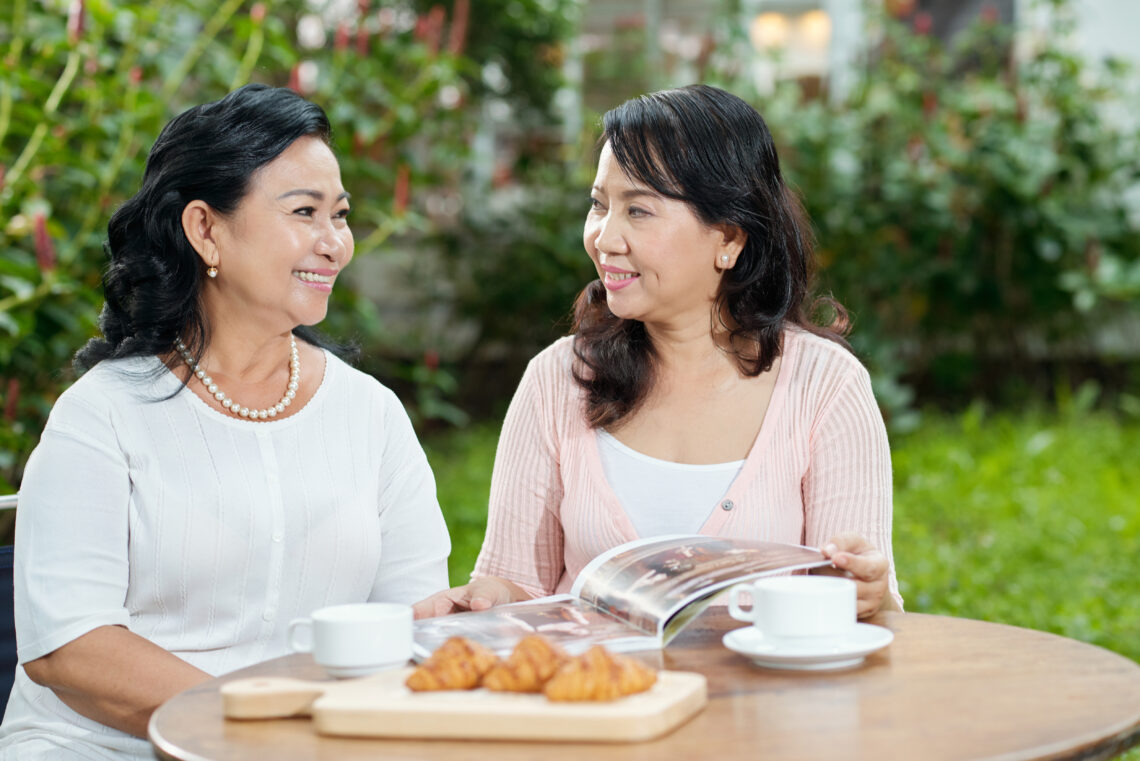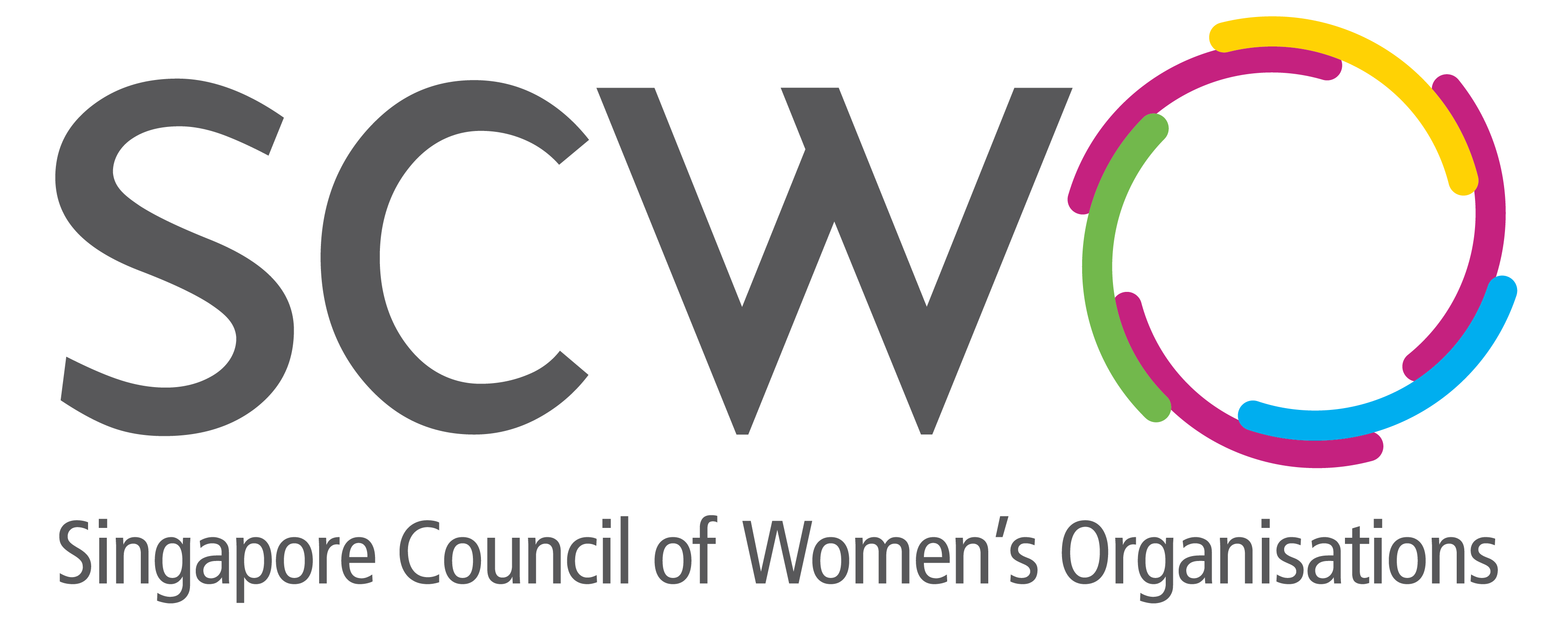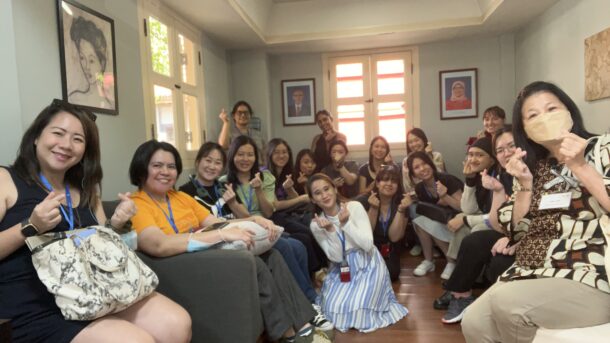
Older Women’s Responses to the White Paper on Singapore Women’s Development: A Report by Singapore Alliance for Women in Ageing
Being stereotyped as “slow” and “less productive” at the workplace. Facing financial strain due to rising caregiving and healthcare costs. Experiencing isolation and loneliness as a result of living alone.
These were some of the concerns raised by older women in a series of focus group discussions conducted by the Singapore Alliance for Women in Ageing (SAWA) in 2022 and 2023.
Established in 2018, SAWA consists of AWARE, Singapore Council of Women’s Organisations, Singapore Muslim Women’s Association (PPIS) and the Tsao Foundation, and aims to raise awareness about the gendered nature of ageing in Singapore.
SAWA’s latest report, titled “Older Women’s Responses to the White Paper on Singapore Women’s Development”, is a follow-up to the alliance’s 2021 submission to the Government’s national review of women’s issues. Last year, SAWA celebrated the White Paper on Singapore Women’s Development as a signifier of the Government’s commitment towards achieving gender equality. However, SAWA noted the White Paper’s lack of focus on older women, observing that the proposed action plans were largely aimed at a younger demographic.
To better understand the needs and challenges of older women, SAWA conducted four focus group discussions between July 2022 and February 2023, each in one of Singapore’s official languages (English, Malay, Mandarin and Tamil). In total, 170 women aged 55 and above attended to discuss the challenges they faced navigating Singapore as older women.
One topic that was widely discussed was age-based discrimination in the workplace. Many older women recounted that they had been offered fewer promotion opportunities and job responsibilities as they aged. This made them feel excluded and undervalued, thereby impeding their ability to actively participate in work.
Other concerns that participants raised related to caregiving and its impact on their retirement adequacy, access to community support and health and wellbeing.
During the focus group discussions, participants were also encouraged to share ideas for the government to address these challenges. Some recommendations included:
- Strengthening policy protection for re-employed workers in terms of remuneration and standards of workplace practices;
- Enhancing subsidies for caregiving, healthcare and consumables for both caregivers and care recipients;
- Reviewing the criteria for healthcare and caregiving subsidies regularly in tandem with the population’s profile;
- Providing information and signs in vernacular languages in all healthcare settings to minimise confusion and delays;
- Developing more programmes and opportunities in schools to forge stronger inter-generational bonds and tackle stereotypes against older persons.
Read about the detailed findings and recommendations in SAWA’s report here.



